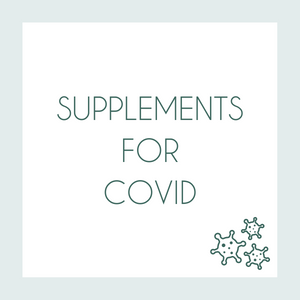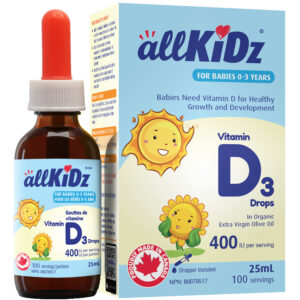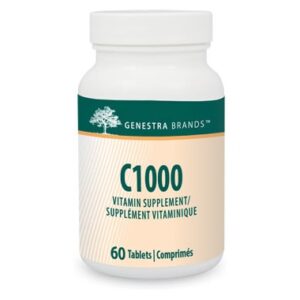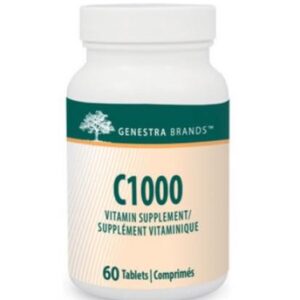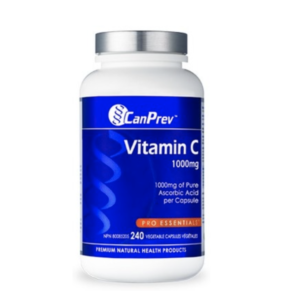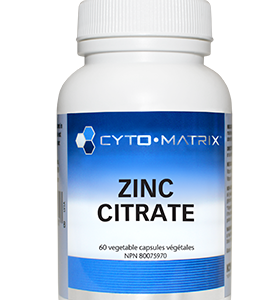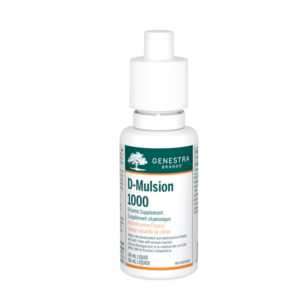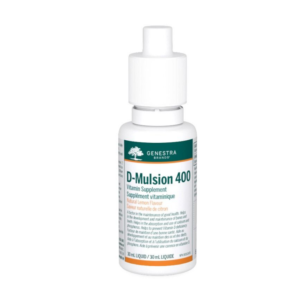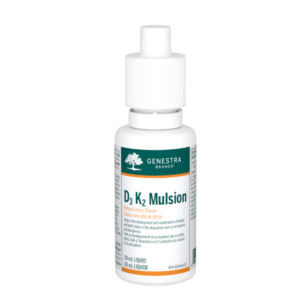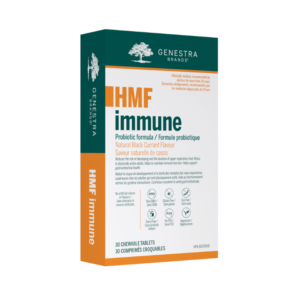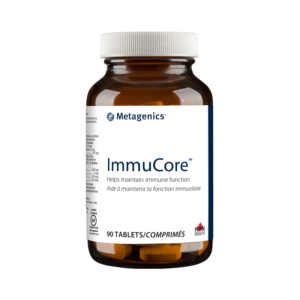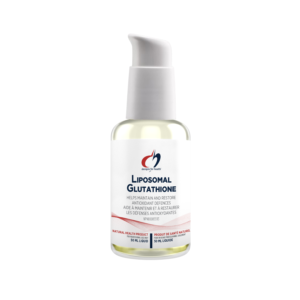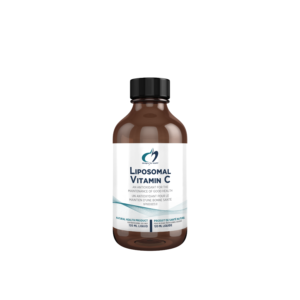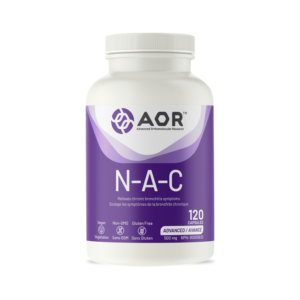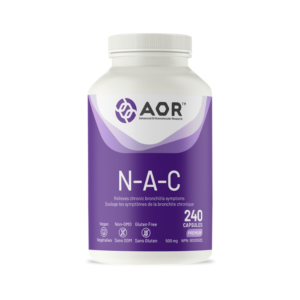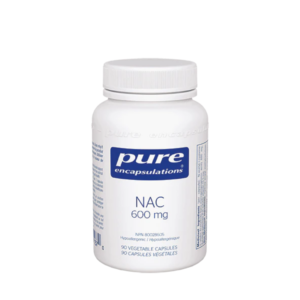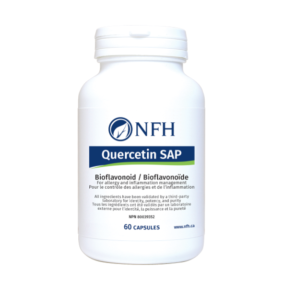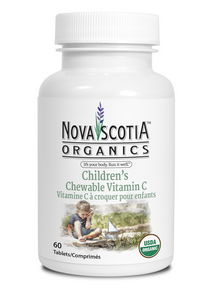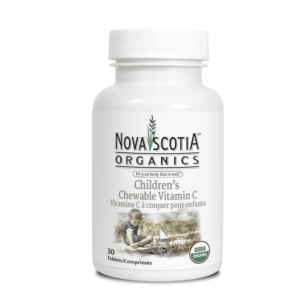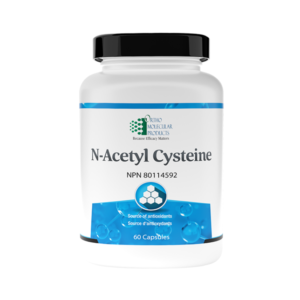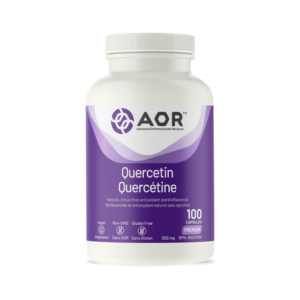Supplements for Covid – We have compiled a list of clinically proven, researched backed micronutrients that have been studied to aid in your immune system versus Covid. Supplements for Covid
Vitamin A
- Role of fat soluble vitamins A and D in the pathogenesis of influenza: A new perspective. Hindawi International Scholarly Research Notes. 2013 Supplements for Covid – https://doi.org/10.5402/2013/246737
- Vitamin A, immunity, and infection. Clinical Infectious Diseases. 1994; 19(3) Supplements for Covid – https://doi.org/10.1093/clinids/19.3.489
Quercetin
- Flavonols as potential antiviral drugs targeting SARS-CoV-2 proteases – Supplements for Covid –
https://www.sciencedirect.com/science/article/pii/S0014299920308517?via%3Dihub - Quercetin and vitamin C: An experimental, synergistic therapy for the prevention and treatment of SARS-Cov-2. Frontiers in Immunology. 2020 – https://doi.org/10.3389/fimmu.2020.01451
Vitamin C
- Vitamin C: An adjunctive therapy for respiratory infection, sepsis and COVID-19. Nutrients. 2020; 12(12) – https://doi.org/10.3390/nu12123760
- The emerging role of Vitamin C in the prevention and treatment of COVID-19. Nutrients. 2020; 12(11) – https://doi.org/10.3390/nu12113286
-
Vitamin C levels in patients with SARS-CoV-2-associated acute respiratory distress syndrome. Critical Care. 2020; 24 – https://doi.org/10.1186/s13054-020-03249-y
- Ascorbate as prophylaxis and therapy for COVID-19 – Update from Shanghai and U.S. medical institutions. Glob Adv Health Med. 2020; 9:2164956120934768 – https://doi.org/10.1177/2164956120934768
- Vitamin C as prophylaxis and adjunctive medical treatment for COVID-19? Nutrition. 2020 – Supplements for Covid –https://doi.org/10.1016/j.nut.2020.110948
- Patients with community acquired pneumonia exhibit depleted vitamin C status and elevated oxidative stress. Nutrients. 2020; 12(5) – https://doi.org/10.3390/nu12051318
- Quercetin and vitamin C: An experimental, synergistic therapy for the prevention and treatment of SARS-Cov-2. Frontiers in Immunology. 2020 – https://doi.org/10.3389/fimmu.2020.01451
- Can early and high intravenous dose of vitamin C prevent and treat coronavirus disease 2019 (COVID-19)? Medicine in Drug Discovery. 2020; 5 – https://doi.org/10.1016/j.medidd.2020.100028
- Vitamin C may reduce the duration of mechanical ventilation in critically ill patients: A meta-regression analysis. Journal of Intensive Care. 2020; 8(15) – https://doi.org/10.1186/s40560-020-0432-y
- Vitamin C can shorten the length of stay in the ICU: A meta-analysis. Nutrients. 2019; 11(4) – https://doi.org/10.3390/nu11040708
- Vitamin C and infections. Nutrients. 2017; 9(4) – https://doi.org/10.3390/nu9040339
-
Extra dose of vitamin C based on a daily supplementation shortens the common cold: A meta-analysis of 9 randomized controlled trials. Biomed Res Int. 2018 – https://doi.org/10.1155/2018/1837634
- Intravenous vitamin C as adjunctive therapy for enterovirus/rhinovirus induced acute respiratory distress syndrome. World Journal of Critical Care Medicine. 2017; 6(1) – https://doi.org/10.5492/wjccm.v6.i1.85
- The effectiveness of vitamin C in preventing and relieving the symptoms of virus-induced respiratory infections. Journal of Manipulative and Physiological Therapeutics. 1999; 22(8) – https://doi.org/10.1016/S0161-4754(99)70005-9
Vitamin D
- The benefits of Vitamin D supplementation for athletes: Better performance and reduced risk of COVID-19. Nutrients. 2020; 12(12) – https://doi.org/10.3390/nu12123741
- Vitamin D3 as potential treatment adjuncts for COVID-19. Nutrients. 2020; 12(11) – https://doi.org/10.3390/nu12113512
- Vitamin D supplementation associated to better survival in hospitalized frail elderly COVID-19 patients: The GERIA-COVID Quasi-Experimental Study. Nutrients. 2020; 12(11) – https://doi.org/10.3390/nu12113377
- Evidence regarding Vitamin D and risk of COVID-19 and its severity. Nutrients. 2020; 12(11) – https://doi.org/10.3390/nu12113361
- Role of Vitamin D in preventing of COVID-19 infection, progression and severity. J Infect Public Health. 2020; 13(10) – https://doi.org/10.1016/j.jiph.2020.06.021
- Does serum vitamin D level affect COVID-19 infection and its severity? A case-control study. Journal of the American College of Nutrition. 2020 – https://doi.org/10.1080/07315724.2020.1826005
- Vitamin D in prevention and treatment of COVID-19: Current perspective and future prospects. Journal of the American College of Nutrition. 2020 – https://doi.org/10.1080/07315724.2020.1806758
- Effect of calcifediol treatment and best available therapy versus best available therapy on intensive care unit admission and mortality among patients hospitalized from COVID-19: A pilot randomized clinical study. J Steroid Biochem Mol Biol. 2020; 203:105751 – https://doi.org/10.1016/j.jsbmb.2020.105751
- Immune modulatory effects of Vitamin D on viral infections. Nutrients. 2020; 12(9): 2879 – https://doi.org/10.3390/nu12092879
- Impact of Vitamin D deficiency on COVID-19 – A prospective analysis from the CovILD Registry. Nutrients. 2020; 12(9): 2775 – https://doi.org/10.3390/nu12092775
- Vitamin D deficiency and outcome of COVID-19 patients. Nutrients. 2020; 12(9): 2757 – https://doi.org/10.3390/nu12092757
- Vitamin D insufficiency and deficiency and mortality from respiratory diseases in a cohort of older adults: Potential from limiting the death toll during and beyond the COVID-19 pandemic? Nutrients. 2020; 12(8) – https://doi.org/10.3390/nu12082488
- Vitamin D deficiency and co-morbidities in COVID-19 patients: A fatal relationship? NFS Journal. 2020; 20 – https://dx.doi.org/10.1016%2Fj.nfs.2020.06.001
-
Immunologic effects of vitamin D on human health and disease. Nutrients. 2020; 12(7) – https://doi.org/10.3390/nu12072097
- Perspective: Improving vitamin D status in the management of COVID-19. Eur J Clin Nutr. 2020; 74 – https://doi.org/10.1038/s41430-020-0661-0
- Vitamin D and COVID-19: Do deficient risk a poorer outcome? Lancet Diabetes Endocrinol. 2020; 8(7) – https://doi.org/10.1016/S2213-8587(20)30183-2
- Vitamin D deficiency and the COVID-19 pandemic. J Glob Antimicrob Resist. 2020; 22 – Supplements for Covid –https://doi.org/10.1016/j.jgar.2020.05.006
- The role of Vitamin D in the prevention of coronavirus disease 2019 infection and mortality. Aging Clin Exp Res. 2020 – https://doi.org/10.1007/s40520-020-01570-8
- 25-Hydroxyvitamin D concentrations are lower in patients with positive PCR for SARS-CoV-2.
Nutrients. 2020; 12(5) – https://doi.org/10.3390/nu12051359
- Evidence supports a causal model for vitamin D in COVID-19 outcomes. (Epub ahead of print) MedRxiv. 2020 –
- Does vitamin D status impact mortality from SARS-CoV-2 infection? Medicine in Drug Discovery. 2020; 6 – https://doi.org/10.1016/j.medidd.2020.100041
- The role of vitamin D in the prevention of coronavirus disease 2019 infection and mortality. Infectious Diseases. 2020 – https://doi.org/10.21203/rs.3.rs-21211/v1
- Evidence that vitamin D supplementation could reduce risk of influenza and COVID-19 infections and deaths. Nutrients. 2020; 12(4) – https://doi.org/10.3390/nu12040988
- The role of vitamin D in increasing circulating T regulatory cell numbers and modulating T regulatory cell phenotypes in patients with inflammatory disease or in healthy volunteers: a systematic review. PLoS One. 2019; 14(9) – https://doi.org/10.1371/journal.pone.0222313
- Vitamin D supplementation to prevent acute respiratory tract infections: Systematic review and meta-analysis of individual participant data. BMJ. 2017; 356 – https://doi.org/10.1136/bmj.i6583
- Serum 25-hydroxyvitamin D and the incidence of acute viral respiratory tract infections in healthy adults. PLoS One. 2010; 5(6) – https://doi.org/10.1371/journal.pone.0011088
-
Vitamin D for treatment and prevention of infectious diseases: A systematic review of randomized controlled trials. Endocrine Practice. 2009; 15(5) – https://www.ncbi.nlm.nih.gov/pmc/articles/PMC2855046
Vitamin K
- Reduced Vitamin K status as a potentially modifiable risk factor of severe COVID-19. Clinical Infectious Diseases. 2020; ciaa1258 – https://doi.org/10.1093/cid/ciaa1258
- Endogenous deficiency of glutathione as the most likely cause of serious manifestations and death in COVID-10 patients. ACS Infect Dis. 2020; 6(7): 1558-1562 – https://doi.org/10.1021/acsinfecdis.0c00288
- Evaluation of the efficacy and safety of melatonin in moderately ill patients with COVID-19: A structured summary of a study protocol for a randomized controlled trial. NTrials. 2020; 21(1) – https://doi.org/10.1186/s13063-020-04737-w
- Melatonin potentials against viral infections including COVID-19: Current evidence and new findings. Virus Res. 2020; 287 – https://doi.org/10.1016/j.virusres.2020.198108
- Is melatonin deficiency a unifying pathomechanism of high risk patients with COVID-19? Life Sci. 2020; 256 – https://doi.org/10.1016/j.lfs.2020.117902
- Melatonin potentials against viral infections including COVID-19: Current evidence and new findings. Viral Res. 2020; 287 – https://doi.org/10.1016/j.virusres.2020.198108
N-acetylcysteine (NAC)
- N-Acetylcysteine: A potential therapeutic agent for SARS-CoV-2. Med Hypotheses. 2020; 143 – https://doi.org/10.1016/j.mehy.2020.109862
- Therapeutic blockage of inflammation in severe COVID-19 infection with intravenous N-acetylcysteine. Clinical Immunology. 2020; 219:108544 – https://doi.org/10.1016/j.clim.2020.108544
- N-acetylcysteine as a potential treatment for novel coronavirus disease 2019. Future Microbiology. 2020 (Epub ahead of print) – https://doi.org/10.2217/fmb-2020-0074
- Selenium deficiency is associated with mortality risk from COVID-19. Nutrients. 2020; 12(7) – https://doi.org/10.3390/nu12072098Selenium supplementation in the prevention of coronavirus infections (COVID-19). Med Hypotheses. 2020; 143 – https://doi.org/10.1016/j.mehy.2020.109878
- Selenium deficiency is associated with mortality risk from COVID-19. Nutrients. 2020; 12(7) – https://doi.org/10.3390/nu12072098
- Selenium supplementation in the prevention of coronavirus infections (COVID-19). Med Hypotheses. 2020; 143 – https://doi.org/10.1016/j.mehy.2020.109878
- Association between regional selenium status and reported outcome of COVID-19 cases in China. Am J Clin Nutr. 2020 – https://doi.org/10.1093/ajcn/nqaa095
- The role of selenium in inflammation and immunity: From molecular mechanisms to therapeutic opportunities. Antioxidants & Redox Signaling. 2011; 16(7) – https://doi.org/10.1089/ars.2011.4145
- The influence of selenium on immune responses. Molecular Nutrition & Food Research. 2008; 52(11) – https://doi.org/10.1002/mnfr.200700330
- COVID-19: Poor outcomes in patients with zinc deficiency. Int J Infect Dis. 2020; 100 – https://doi.org/10.1016/j.ijid.2020.09.014
- COVID-19 pandemic: Can maintaining optimal zinc balance enhance host resistance? Tohoku J Exp Med. 2020; 251(3) – https://doi.org/10.1620/tjem.251.175
- Can Zn be a critical element in COVID-19 treatment? [Epub ahead of print] Biol Trace Elem Res. 2020 – https://doi.org/10.1007/s12011-020-02194-9
-
Hydroxychloroquine and azithromycin plus zinc vs hydroxychloroquine and azithromycin alone: Outcomes in hospitalized COVID-19 patients. [Epub ahead of print] MedRxiv. 2020 – https://doi.org/10.1101/2020.05.02.20080036
- Improving the efficacy of chloroquine and hydroxychloroquine against SARS-CoV-2 may require zinc additives: A better synergy for future COVID-19 clinical trials. Le Infezioni in Medicina. 2020; 2 – https://www.infezmed.it/media/journal/Vol_28_2_2020_9.pdf
- Zinc in infection and inflammation. Nutrients. 2017; 9(6) – https://doi.org/10.3390/nu9060624
- Serum zinc and pneumonia in nursing home elderly. American Journal of Clinical Nutrition. 2007; 86(4) – https://doi.org/10.1093/ajcn/86.4.1167
- Zinc and immune function: The biological basis of altered resistance to infection. American Journal of Clinical Nutrition. 1998; 68(2) – https://doi.org/10.1093/ajcn/68.2.447S
Please see our supplements for Covid below.
Showing 1–20 of 34 results

